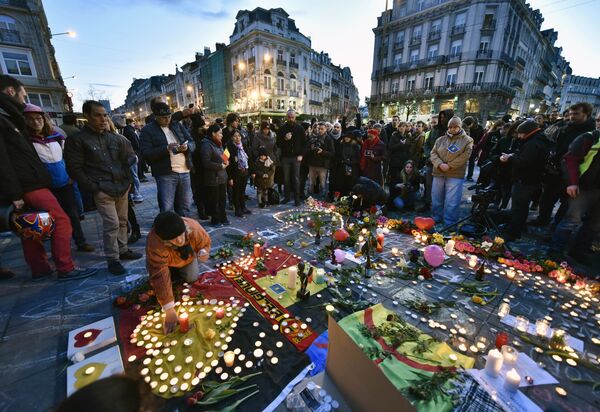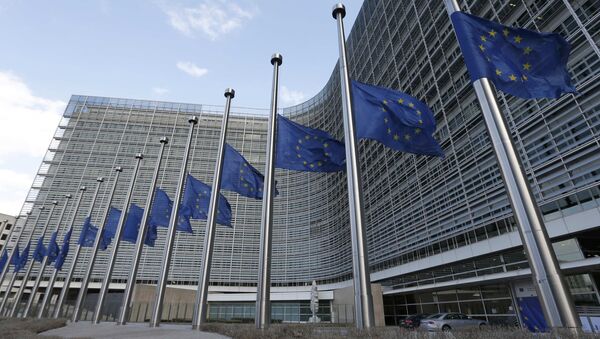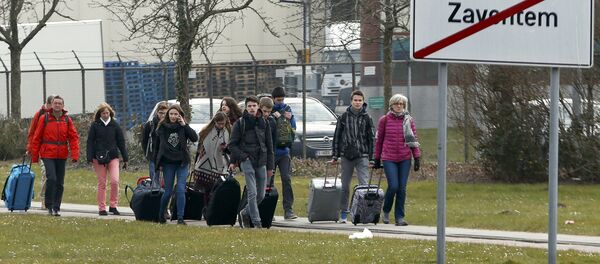The interview came after more than 30 people were killed and 230 others were injured in a series of explosions at Brussels Airport and in one of the city's subway stations. The terrorist group Daesh (ISIL/ISIS) has claimed responsibility for the attacks.

"I think that there will be demands to tighten the security of national borders [of EU countries], something that will deal another very serious blow to the unity of Europe," he said.
So far Frontex, the EU agency tasked with controlling the borders of the imperiled Schengen border-free zone, has failed to stop the influx of hundreds of thousands of asylum seekers.
Migranyan also warned of the far-reaching consequences of the Tuesday terror attacks in Brussels.
"Some EU countries will be able to protect themselves and surround their borders with a sort of impenetrable barrier, while others will not. This is why the transparency of internal borders and the Schengen space will be subjected to serious criticism and reassessment," he pointed out.
Western media outlets have, meanwhile, described the March 22 attacks as "Europe's black day," suggesting that it called into question the very existence of the EU.
The British newspaper The Telegraph in turn said that the Brussels attacks will further add to the fragmentation of the EU and may result in the UK withdrawing from the bloc.
"We are currently in a war which is being waged against cowards who are hunting innocent victims. Even though we lose some battles, there is no sense to refer to drastic changes. We must continue to fight against terrorist networks and destroy them wherever they are — in Europe or the Middle East," he said in an interview with RT.




